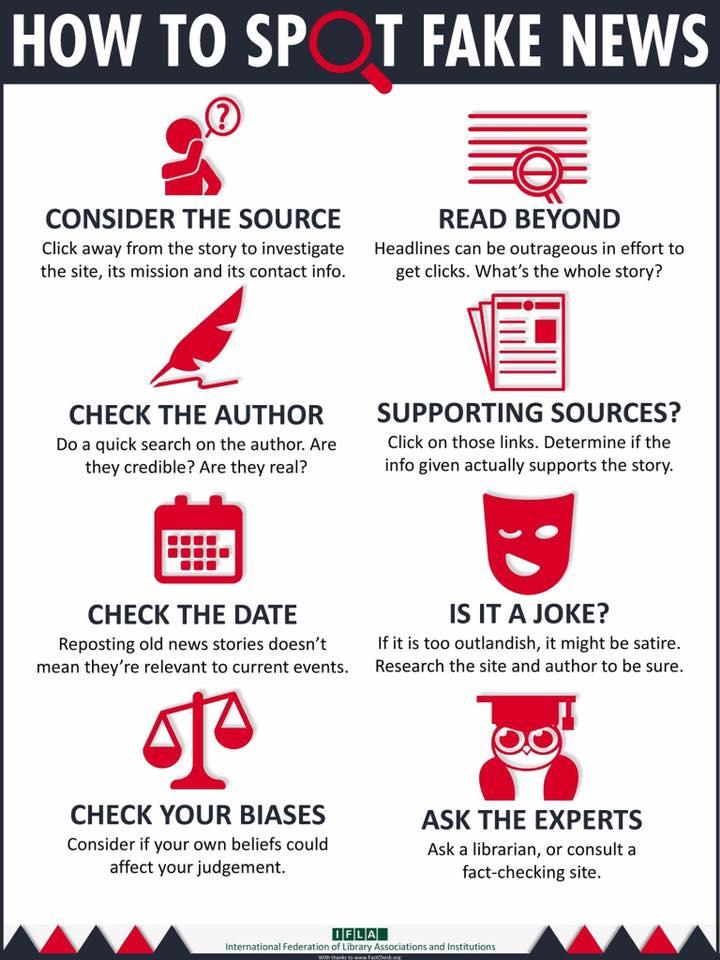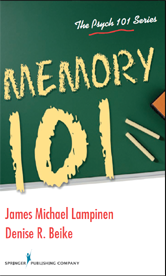It’s on the news, almost every single day. Fake news is being shared, discussed, and analyzed frequently online and in the classrooms. Studies from Stanford to Pew Research have suggested that this topic has been and will continue to be affecting students and their information consumption and research needs but how can librarians make sense of fake news in the research workflow?
We understand your library wants to post fun content to social media but that you might not have the time to dedicate to writing it, so we’d like to help!
First Year Experience in Libraries: Facilitating High Impact Workshops
Raymond Pun is the first year student success librarian at California State University, Fresno. In the coming months, he will bring his unique perspective to a series of posts for the Credo Blog as our First Year Experience Correspondent. Stay tuned for more FYE insights from Raymond, and join him on March 8th for his webinar, The First Year Library Experience: Best Practices and New Directions.
Over the weekend, one of Donald Trump’s senior advisors rejected the premise that the president and his press secretary were spreading falsehoods about attendance at Friday’s inauguration. Kellyann Conway said that they were sharing “alternative facts,” a term that drew befuddled laughter from her interviewer.
FYI: Libraries supporting FYE programs can impact retention
At the intersection of college preparation and student success is the first year experience program (FYE). More schools every year move beyond the simple orientation to offer some type of course or seminar with the goals of building a deeper relationship with their students, connecting these students to campus resources, and honing their academic skills.
If 2016 taught us anything, it’s that information literacy is a critical ingredient in informed democracies, but that we have a long way to go in building that skill across our population. As we look ahead to the coming year, we tried to ascertain what themes would emerge in the library field as a response to the rapidly-changing landscape. Here are 3 emerging trends we’re seeing that warrant attention in 2017:
Current Events, Information Literacy, Trends in Reference, Uncategorized
Stanford Social Media Study Reveals Gaps in Students’ Information Literacy
Students might not be as fluent in social media as we once thought, and the implications are staggering in terms of how they navigate information online. Well before the Fake News stories broke following the 2016 election, Stanford University conducted a study of middle school through college-aged students, and found that not only were they consistently unable to discern real articles from native advertising (ads made to look like articles, usually marked, “sponsored content”), they struggled to understand even some basic conventions of social media.
We understand your library wants to post fun content to social media but that you might not have the time to dedicate to writing it, so we’d like to help!
Every month we showcase some of the new and updated titles in our Academic, Public, and Student Core Collections. Click here for a full list of December's titles!
Core Collections, Credo Collections, Customer Success, E-Reference Titles, Uncategorized
We understand your library wants to post fun content to social media but that you might not have the time to dedicate to writing it, so we’d like to help!










